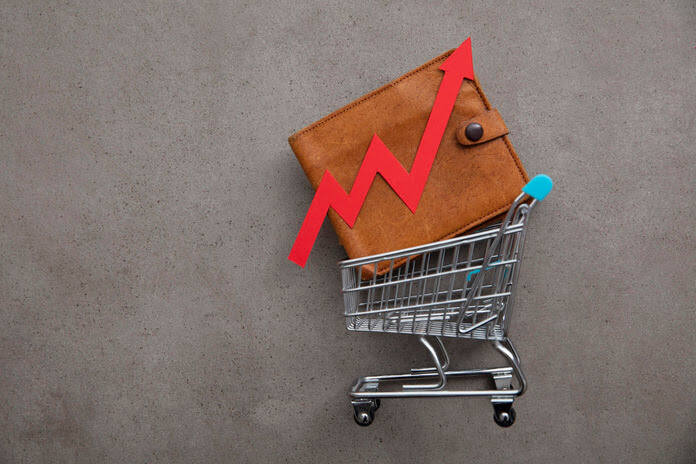In November, American consumers are expressing a slightly increased sense of confidence as the crucial holiday shopping season gains momentum, according to the latest report from The Conference Board, a business research group.
On Tuesday, The Conference Board revealed that its consumer confidence index saw a rise to 102, up from October’s 99.1. While analysts had anticipated a reading of 101, the revised October figure was lower than initially reported, coming in at 102.6.
This index gauges Americans’ evaluations of current economic conditions and their expectations for the upcoming six months. Notably, the index measuring short-term expectations for income, business, and the job market increased to 77.8 in November from 72.7 in October. Despite this improvement, it marked the third consecutive reading below 80 for future expectations, historically seen as a potential signal of an impending recession within a year.
Given that consumer spending constitutes approximately 70% of U.S. economic activity, economists closely monitor consumer behavior to assess the broader economic landscape. In September, consumer spending saw a robust 0.4% increase, even in the face of rising borrowing costs. Economists, however, predict a slowdown in consumer spending during the final quarter of the year, attributing it to factors such as escalating credit card debt, increased delinquencies, and a decline in average savings after a strong summer.
While Americans curtailed retail spending in October, ending a six-month streak of gains, the decrease was influenced in part by declining prices for gasoline and cars.
Despite ongoing consumer spending, concerns about inflation, geopolitical tensions, and rising interest rates continue to weigh on the minds of American consumers. The current conditions index edged down slightly this month to 138.2 from October’s 138.6.
Featured Image: Freepik @ inkdrop















